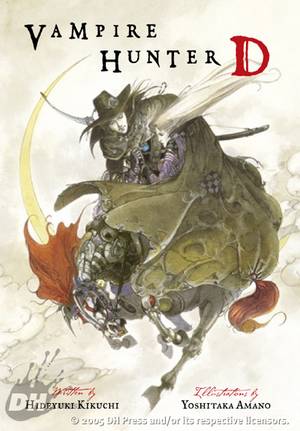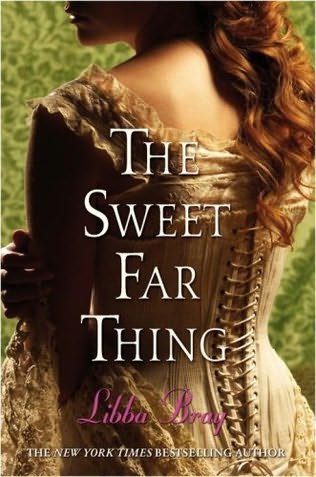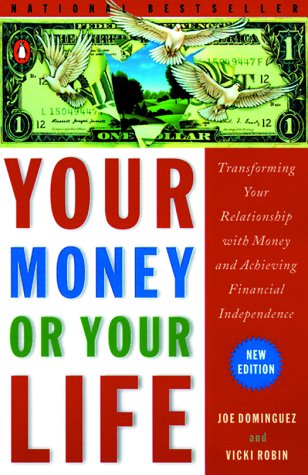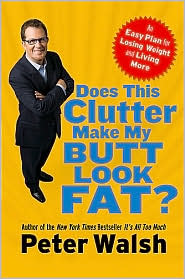
This is the one that started it all, I guess. But having read this book, I cannot for the life of me understand why I loved the movie so much. Perhaps the film editors worked on the dialogue some, or jettisoned extraneous characters. In any case, if you ever watched that piece of anime from the 80's, keep that memory for yourself. The book isn't really what you're hoping for.
On the other hand, the book does give a bit of D's back story, if you couldn't piece it together for yourself. Moreover, it gives quite of bit of the history of the world in 12,090 A. D., something I don't remember the moving doing, which was helpful. Not enough to save the book, though.
The story is basically that a young girl of 17, Doris Lang, has been bitten by a vampire, the dreaded Count Magnus Lee. She's in search of a vampire hunter to kill the Lord; if that's done before the Count can completely turn her, she'll go back to being a normal human again. Doris and her younger brother Dan live on a farm on the outskirts of town; their parents, both Hunters, were killed a few years ago. Enter D, who accepts Doris's offer (although not completely). He becomes a bit of a big brother to Dan, making it all the more painful when he must move on at the end of the book. No, that is not a spoiler; there are at least 11 more volumes in this series, so you know D goes on to have more adventures.
There are a lot of characters to keep track of in this first installment, and I really didn't see all of them as necessary to the plot. Also, there is little to no character development, perhaps not all that surprising when one considers the manga origins of this translation. However, to say that a graphic novel is merely a flat comic is doing a grave disservice to such works as "Sandman", etc.
I myself will not be searching out any more of the Vampire Hunter D books. I prefer to remember the Vampire Hunter D of the movie; he was truly a work of art.
On the other hand, the book does give a bit of D's back story, if you couldn't piece it together for yourself. Moreover, it gives quite of bit of the history of the world in 12,090 A. D., something I don't remember the moving doing, which was helpful. Not enough to save the book, though.
The story is basically that a young girl of 17, Doris Lang, has been bitten by a vampire, the dreaded Count Magnus Lee. She's in search of a vampire hunter to kill the Lord; if that's done before the Count can completely turn her, she'll go back to being a normal human again. Doris and her younger brother Dan live on a farm on the outskirts of town; their parents, both Hunters, were killed a few years ago. Enter D, who accepts Doris's offer (although not completely). He becomes a bit of a big brother to Dan, making it all the more painful when he must move on at the end of the book. No, that is not a spoiler; there are at least 11 more volumes in this series, so you know D goes on to have more adventures.
There are a lot of characters to keep track of in this first installment, and I really didn't see all of them as necessary to the plot. Also, there is little to no character development, perhaps not all that surprising when one considers the manga origins of this translation. However, to say that a graphic novel is merely a flat comic is doing a grave disservice to such works as "Sandman", etc.
I myself will not be searching out any more of the Vampire Hunter D books. I prefer to remember the Vampire Hunter D of the movie; he was truly a work of art.





